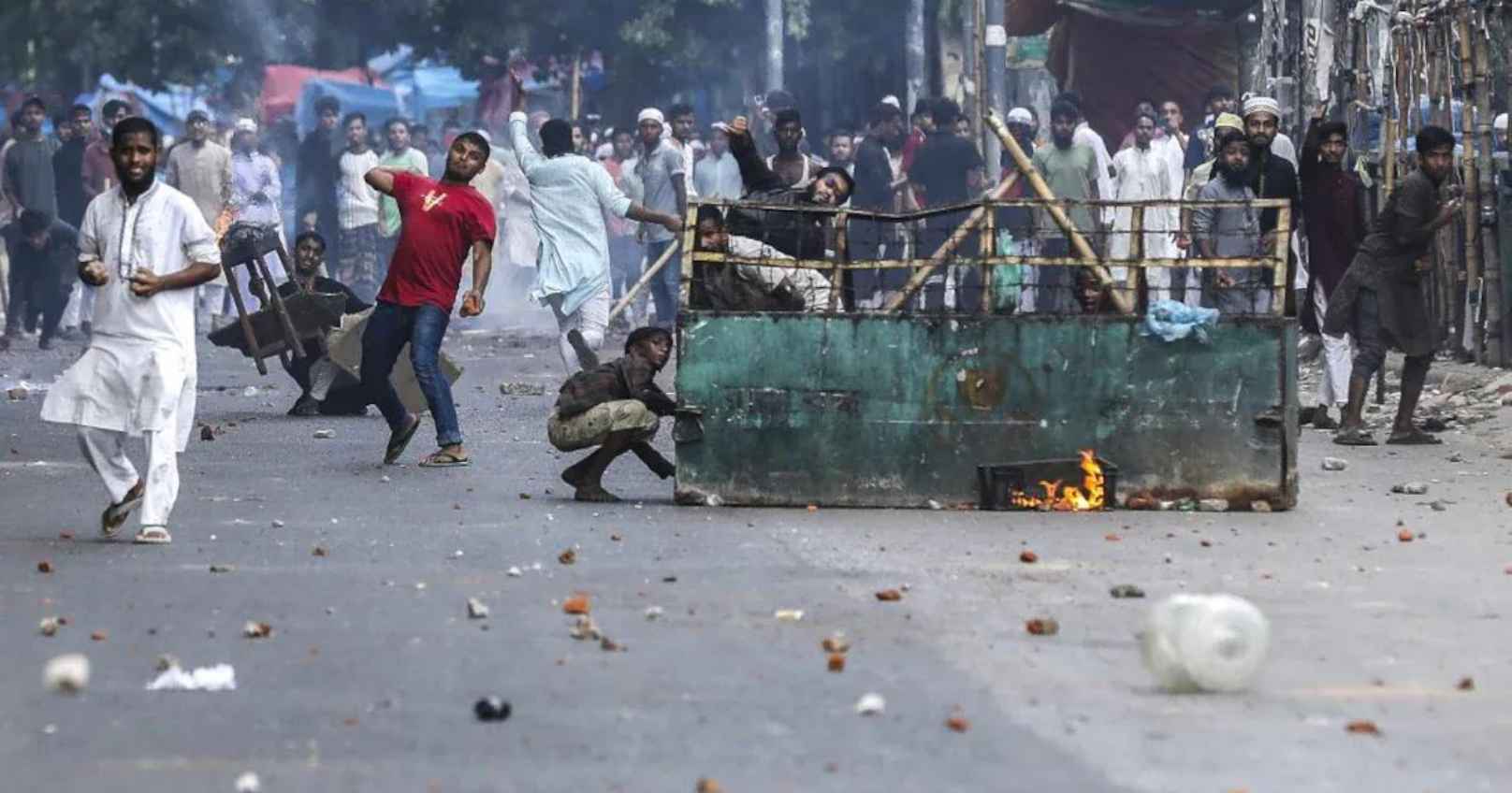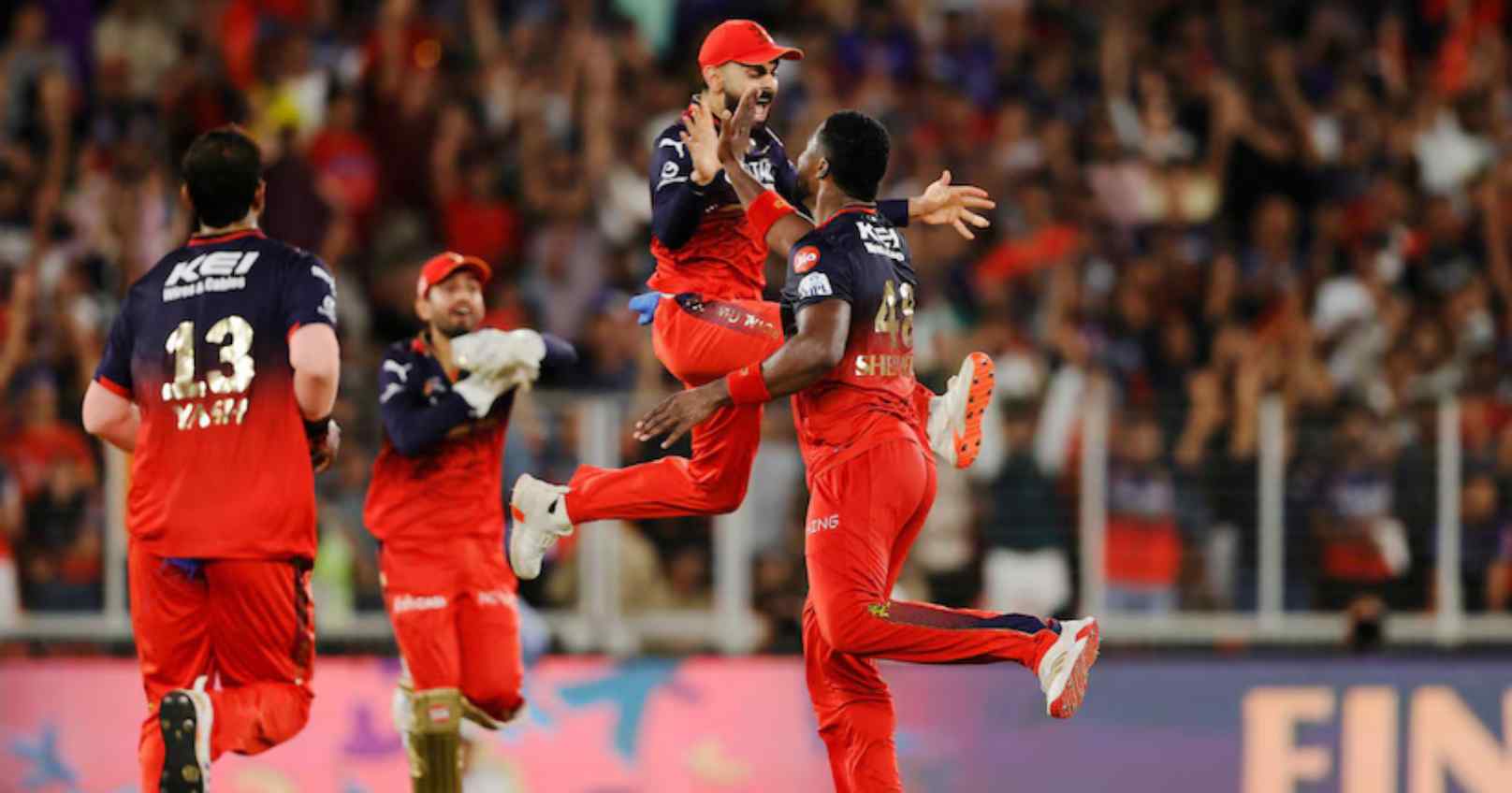Nearly 1,000 Indian students have returned from Bangladesh as authorities in the neighboring country imposed a nationwide curfew following deadly unrest over a job quota system. The violent clashes between student protesters and police, as well as pro-government activists, have resulted in over 115 deaths.
The Ministry of External Affairs (MEA) referred to the situation in Bangladesh as an "internal matter" but confirmed that 778 Indian students have returned via various land ports, while around 200 more have flown back through Dhaka and Chittagong airports. The Indian High Commission also assisted 13 Nepali students in returning home.
"The High Commission of India in Dhaka and our Assistant High Commissions are in regular touch with more than 4,000 students remaining in various universities in Bangladesh and are providing necessary assistance," the MEA stated.
In coordination with the Border Security Force (BSF) and the Bureau of Immigration, the High Commission has been facilitating the safe passage of students through border crossings such as Benapole-Petrapole, Gede-Darshana, and Akhaura-Agartala.
"We see the protests in Bangladesh as an internal matter of the country," MEA spokesperson Randhir Jaiswal said at a media briefing, adding that External Affairs Minister S. Jaishankar is personally overseeing the safety of Indians in Bangladesh. The MEA has issued an advisory for Indian nationals in Bangladesh to avoid unnecessary travel and stay indoors.
Reasons for the Protests
The protests in Bangladesh, primarily led by students, are directed against Prime Minister Sheikh Hasina's government's job quota system, which reserves a significant portion of government jobs for certain groups. Protesters argue that this system is discriminatory and prevents meritorious candidates from securing government positions.
Last month, Bangladesh’s High Court reversed its decision and reinstated the quotas following petitions from relatives of the 1971 Liberation War veterans, triggering the latest wave of demonstrations. As a result, Bangladeshi authorities have shut down all public and private educational institutions indefinitely, disrupting the lives of many students, including those from India.
Evacuation of Indians from Bangladesh
Citizens of India, Nepal, and Bhutan have been crossing into Meghalaya from the violence-affected areas, with over 670 people taking refuge in the Indian state. The Meghalaya government has also set up a helpline to assist its citizens affected by the unrest in Bangladesh.
Asif Hussain, a medical student from Manikganj district, about 50 km from Dhaka, described his journey to the India-Bangladesh border as harrowing. "Our college was not directly affected by the violence, but we heard about trouble nearby," Hussain told news agency Reuters. He and about 80 other Indian students hired private taxis to travel to the border, where they faced further delays before finally crossing into India.
The ongoing protests have not only disrupted daily life but also severely affected communication networks, with mobile internet services cut off in many areas. The Indian High Commission has activated multiple helplines operating round the clock to assist Indian nationals and has been providing regular updates to keep families informed about the situation.







